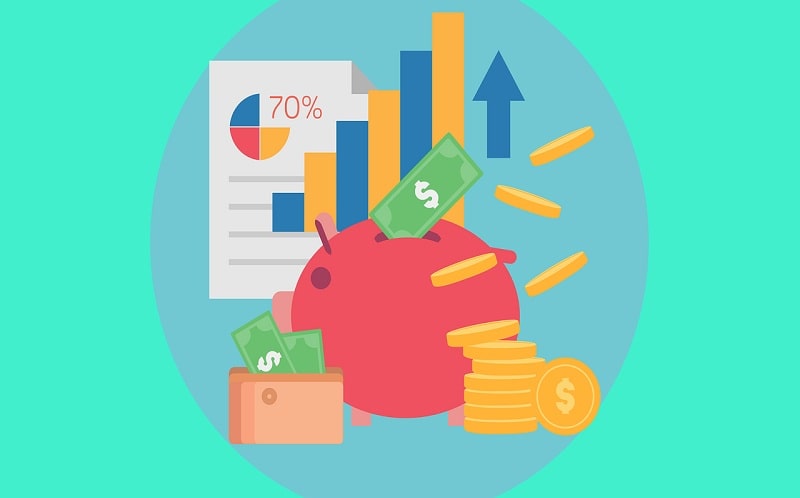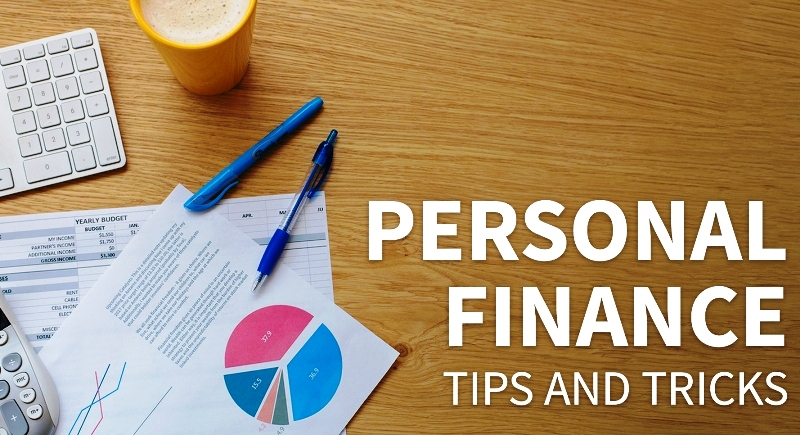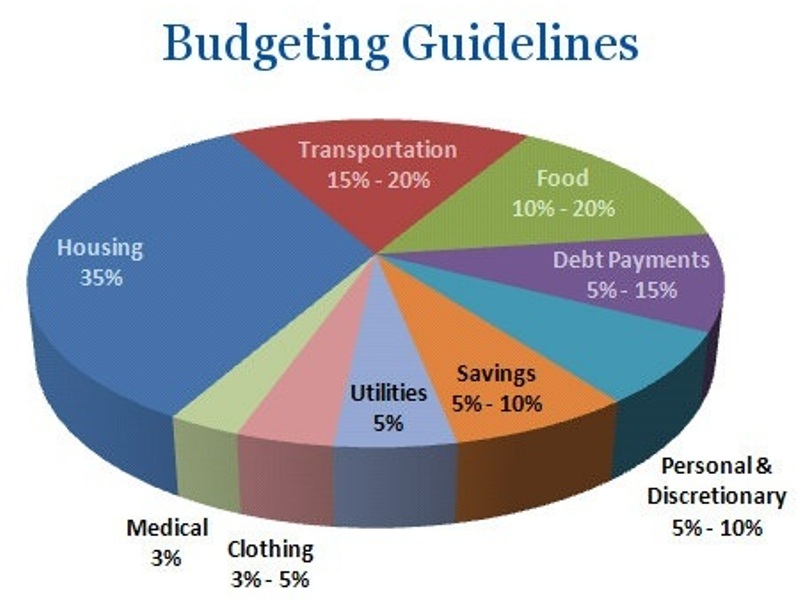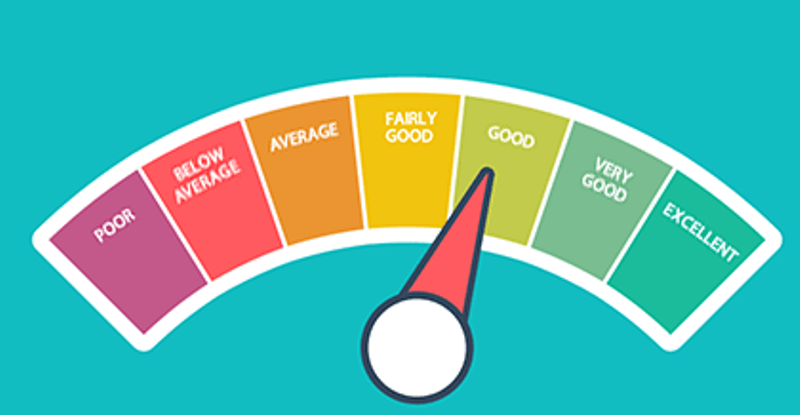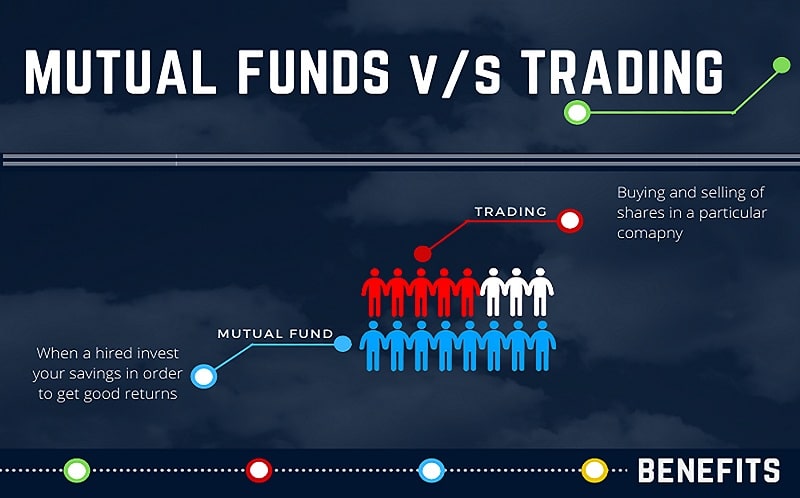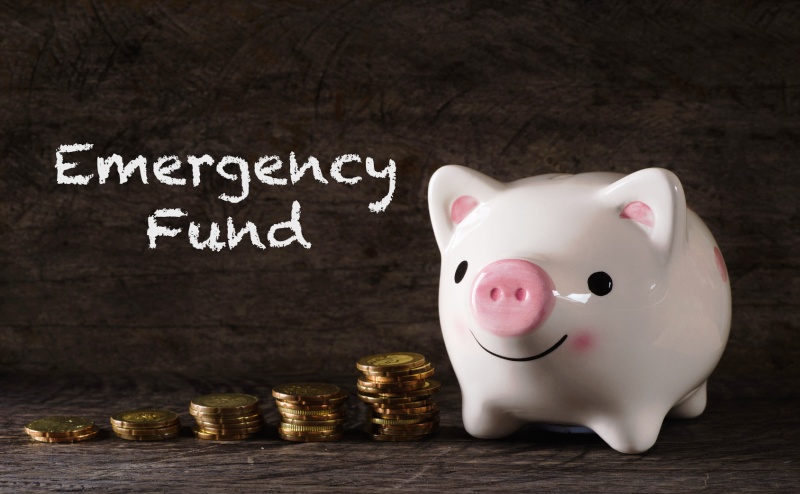In case of an emergency, your savings could dry up sooner than you think. And you could be out of the workforce if the emergency lingers.
The best strategy to deal with an unprecedented situation that could put a strain on your finances is to have six months of living expenses ready at any given time.
I know what you are thinking. That it’s easier said than done, right? Well, I don’t deny it. But that being said, personal finance tips help you prep for an emergency. With the right tips, you can at least be better off than others if not above the curve.
Use the emergency fund calculator
You must have enough resources that will last for six months if all revenue channels are suddenly blocked. How much is enough? You can’t risk making any mistake figuring that out because piling up extra resources that you’d probably never need or not having sufficient food or stationary stuff when you need them the most would both be disastrous. I suggest you take the help of an emergency fund calculator.
Emergency fund calculators are available online. Operating them is very easy. All you need to do is enter monthly income and expenses in the input boxes and the calculator will tell you how much money would be enough to protect you in time of a crisis. Having a vision is important before you embark on achieving a goal. When saving enough for six months is your goal, the emergency fund calculator gives you the vision.
Tax exempt interest income
Life becomes easy when you don’t actively save, yet your savings account swells up at the end of the month. Wondering how that’s even possible? Via interest income that’s exempted from tax. This money is coming to you without you having to put any effort, so it could go into the savings account.
The interest that accrues against a bank deposit is not tax-free. So in order to avail tax-exempt interest, invest in other schemes. There are several schemes; each one is more attractive than the other; the USP of these schemes is that they generate tax-free interest.
One word of caution, though. Actually, two words of caution. It could be tough to separate genuine schemes from fake schemes run by seamsters. So be careful. Ask the fund manager about their clientele, their licensing and registration details, and read the offer document very carefully to look into the fine print.
Choose location wisely
The reason a crisis situation is so dreaded is that during one, people lose access to food, shelter, and other basic amenities.
One way of making sure you never lose this access is to live near a ranch or a place where farmers yield crops, or where large game hunting is allowed.
If you were expecting strictly financial advice, this might sound a bit off. But finance is a part of life and not the other way around. The premise with which this article started was having six months of living expenses ready. Here I changed it to having six months of living supplies ready.
Make passive income
It’s unfortunate that a lot of people don’t understand the importance of passive income. By income, everyone understands active income. As if active income is the default, and passive income is its long lost cousin.
Rhetorics aside, passive income deserves lengthy discussion. The reason passive income is lauded is that it frees time. What is not well discussed is that someone can rely on it to make a living even when they are jobless or have no other income stream.
Earning from house rent, book sales, internet videos, and podcasts all qualify as passive income. To use it in the most optimized way, don’t spend it ever to buy groceries or clothes. Save it for rainy days.
Invest in precious metals
Unlike fiat currency, precious metals, especially gold, are subject to low inflation. What it means is if you have ten thousand dollars now, its value will erode over time. But if you have gold worth ten grand, its value will skyrocket in the future, especially in the time of a crisis.
Hence, invest in gold, silver, and other precious metals. If you don’t want to invest in the real stuff, invest in ETFs. Invest for the long-term to keep the risks of the capital market at bay. Keep your holdings until an emergency occurs. Then you can liquidate your holdings to manage living expenses for the next six months.
Summing up
By following all the tips shared here, you can keep your finances intact even in the case of an emergency. Of course, feel free to modify these tips by adding some personal touch. Even better if you could invent some new tips of your own. Whatever you do, keep in mind that you must be very serious in your approach.





